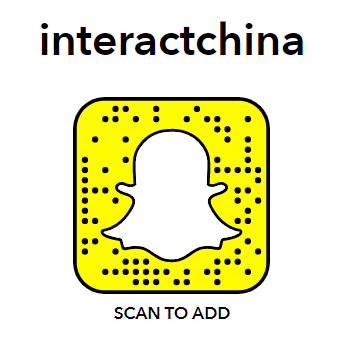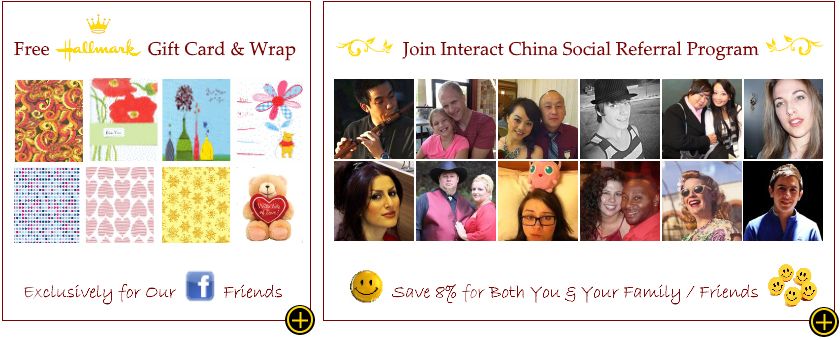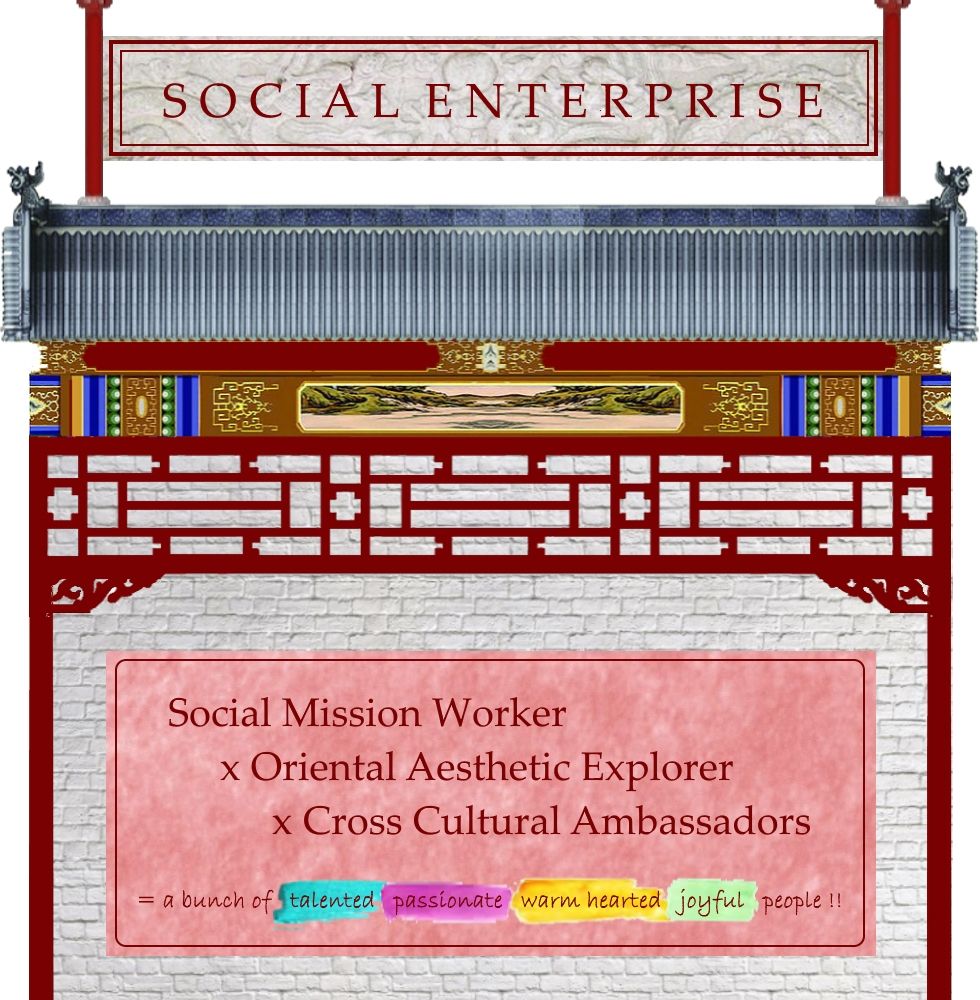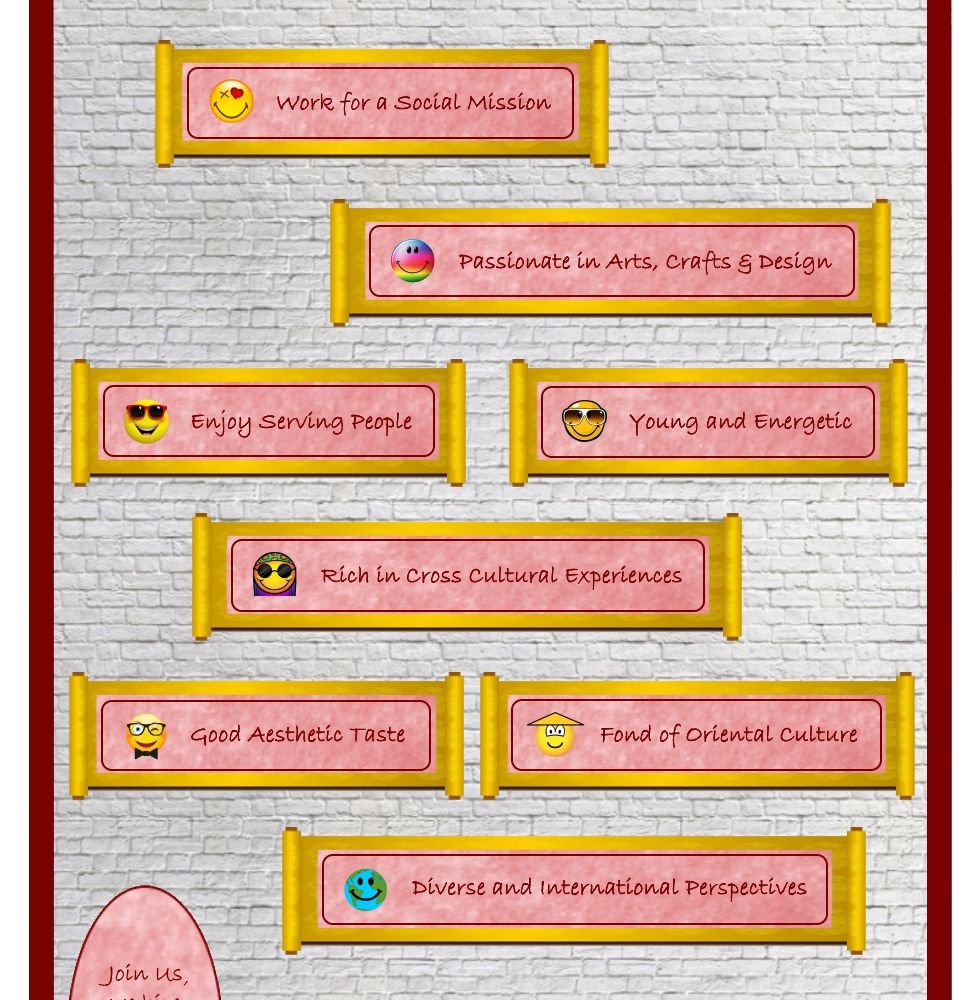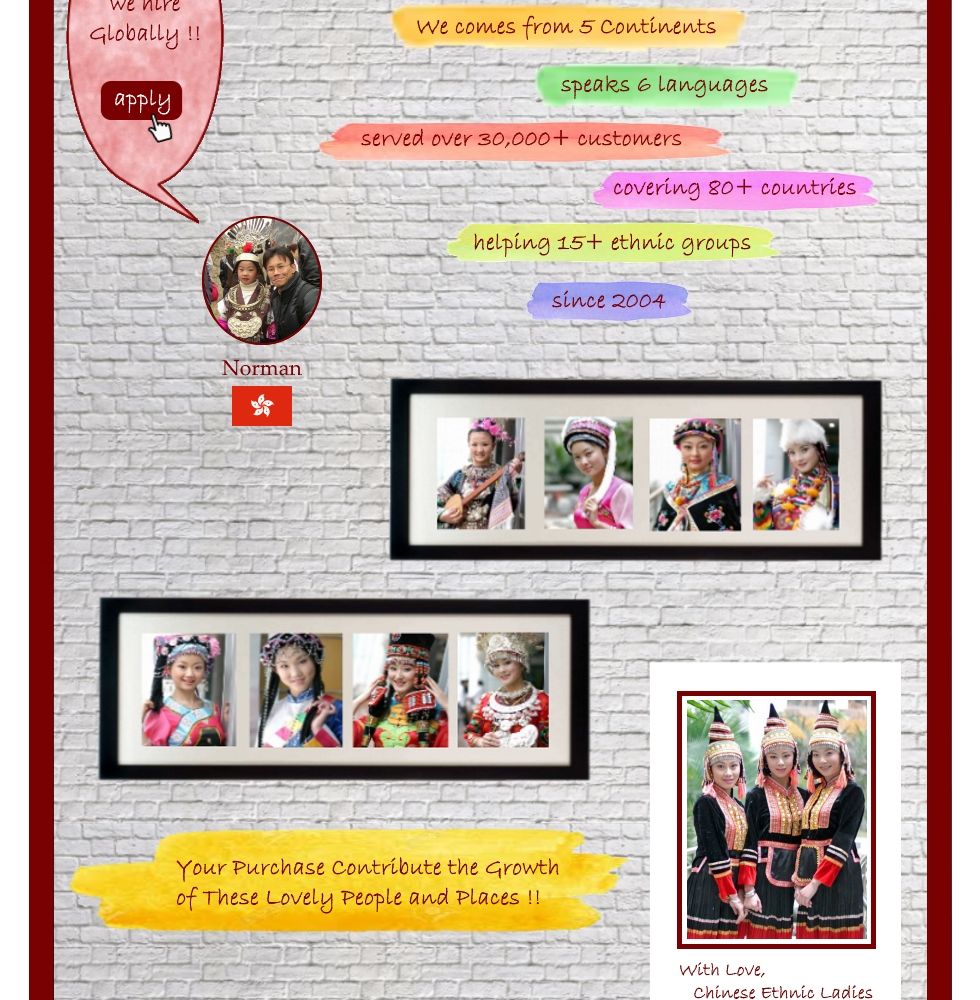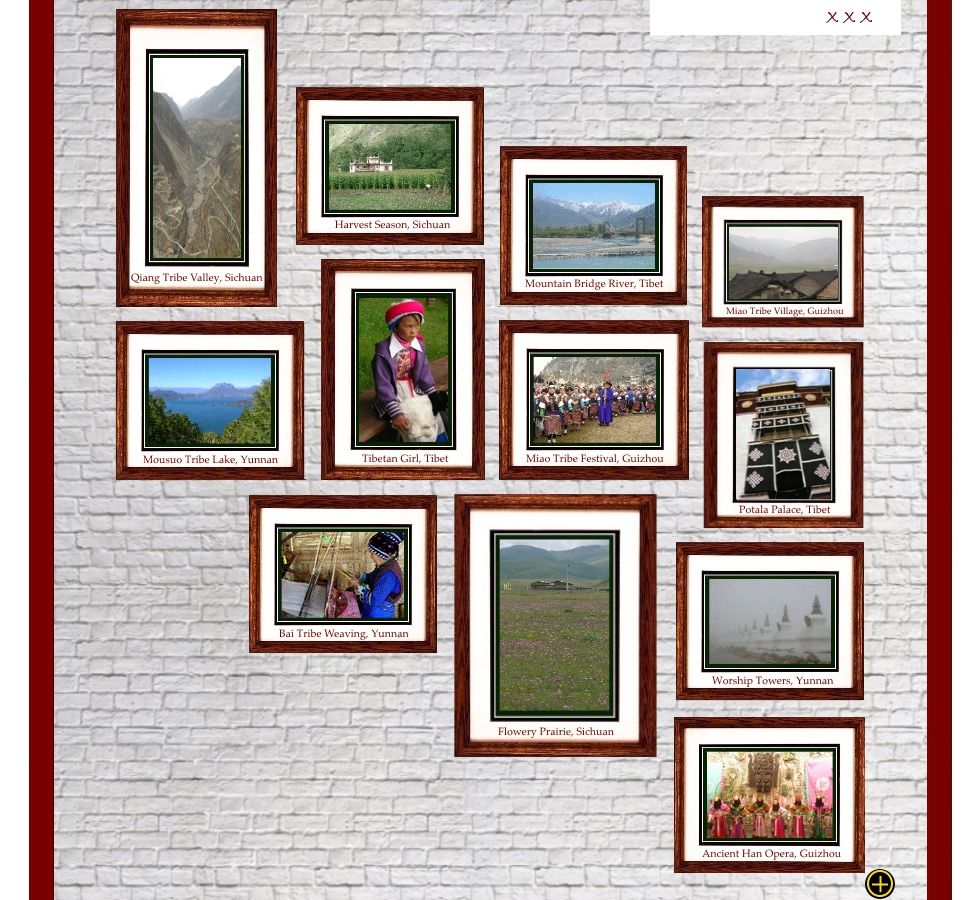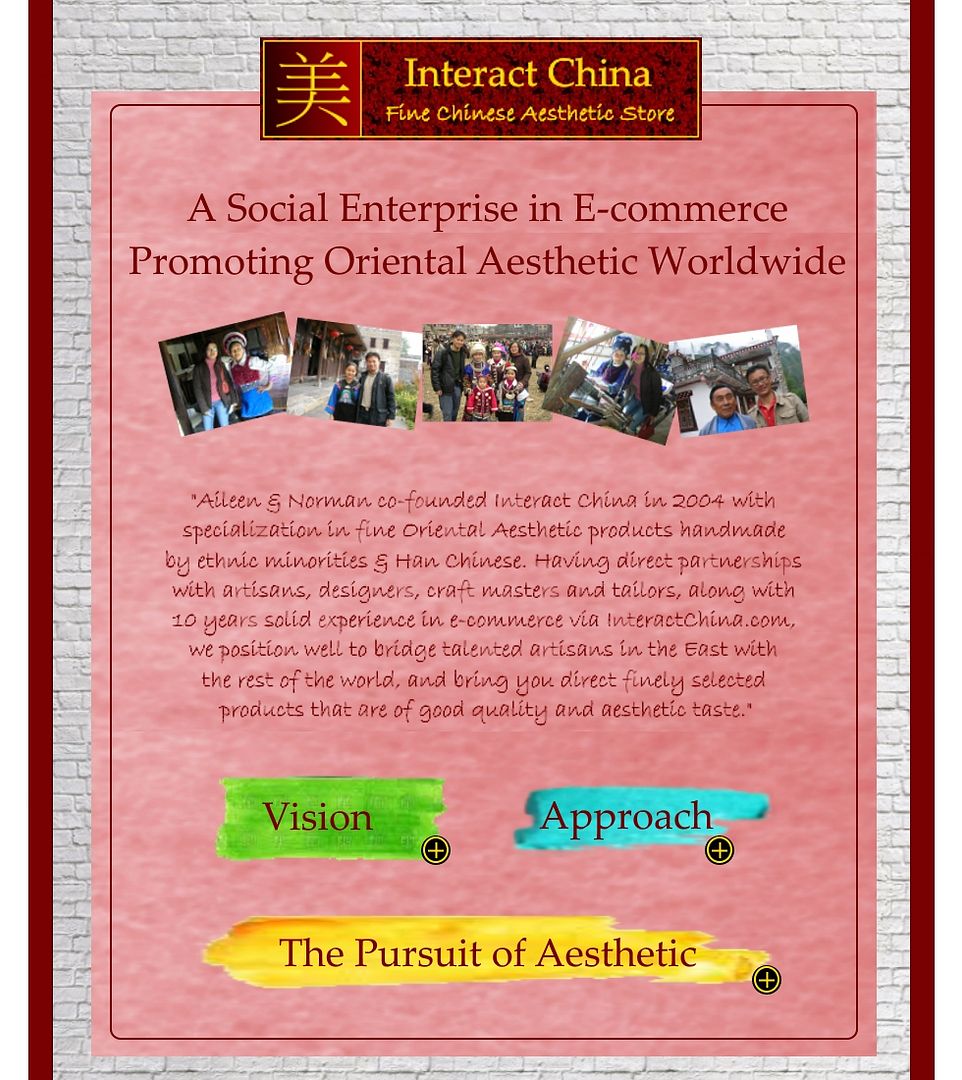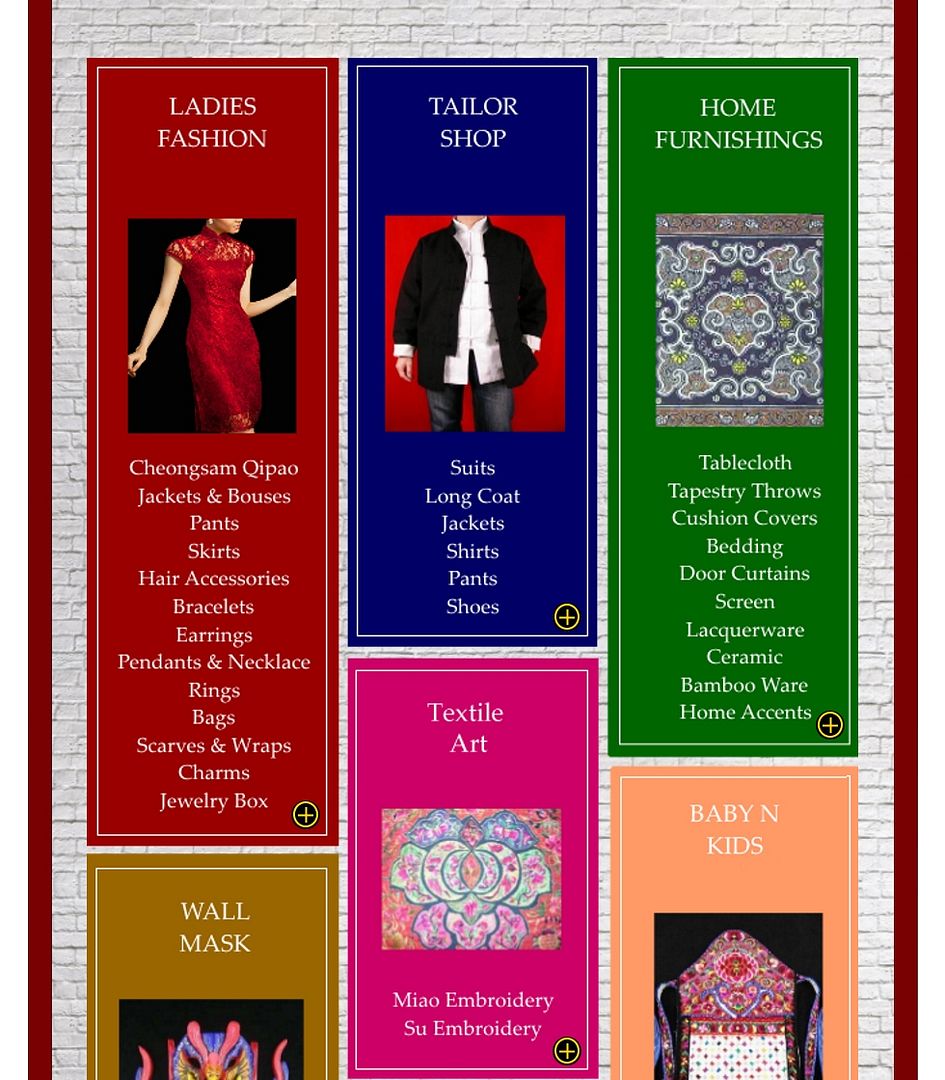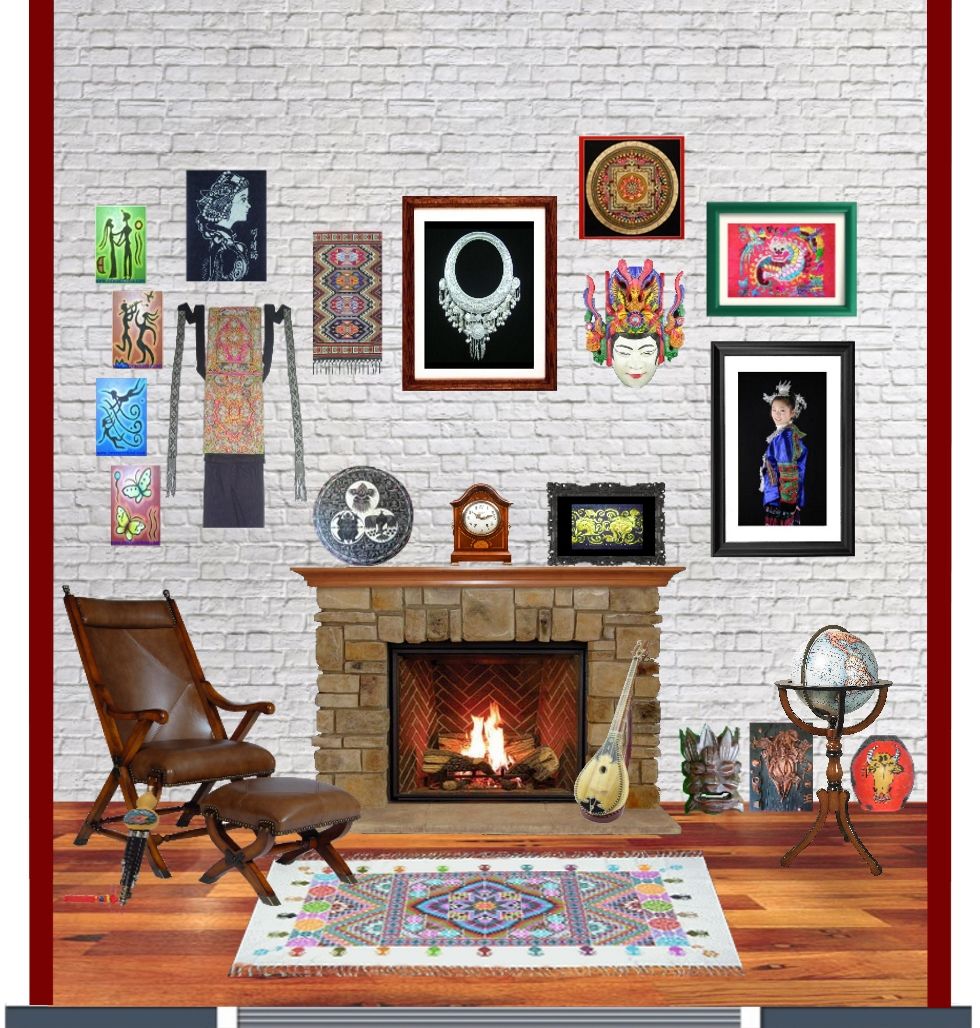Embroidered Insoles with Rich Meanings
5th Jun 2017
Insole is a common type of foot wear in China, hidden but full of meanings. The fact that it is hidden from sight doesn’t lessen its exquisiteness in craftsmanship and its richness in cultural meanings. It perfectly exemplifies the combination of aesthetics and functions. Originally used for maintaining feet sanitation (help absorb moisture) and comfort (improve thermal insulation and give feet massage while walking) as well as protecting shoes from abrasions, insoles graduate as a carrier of love, a letter of good wishing, a book of cultural symbols and a peephole to women’s sentiments, lives and aspirations . It is the art under the feet.

Insoles materialize the bonding between family members, lovers and friends. When a woman married into a new family, she would give exquisitely embroidered self-made Hebao (tiny hanging belt bags for small daily objects) or insoles to her new family members to formalize her relationship with them. Embroidered insole also plays the role of a love token. Women embedded their affection into every thread and every stitch to form resplendent patterns, entrusting her sentiments to the insole. A typical metaphoric pattern for romance is “butterfly in love flower”.
Patterns employed on insoles can be flowers, birds, insects, mythological or religious figures and Chinese characters—all rich in cultural meanings.

The pattern “one stem, double lotus” has rich religious meaning. Lotus flower is the holy flower for both Buddhism and Daoism, representing the good and the kind; on the other hand, in folk culture, double lotus on one stem is frequently used to symbolize pure and committed love, on top of which, the lotus flower with intertwined roots, exuberant leaves and abundant seeds and makes the most graphic emblem for abounding off-springs and forever-thriving families.

“Mandarin duck with lotus flower” is another popular pattern on insoles. Mandarin duck is a lucky bird in traditional culture who always comes in pairs, which makes it the ideal model for loving couples. According to classic ancient document the Book of Birds, Mandarin ducks always swim in pairs, they lean on each other in the morning while cross their necks and overlap their wings at night; if one lose its spouse, he/she would keep single forever. Therefore, Mandarin ducks symbolize committed love. On insoles, Mandarin ducks are usually companied by lotus flowers, conveying a wish for unwavering love and healthy kids.

Phoenix is an auspicious bird in Chinese mythology, “Phoenix represents honorable women just like Dragon represents prominent men”. In ancient mythology, the advent of phoenix will bring world peace and harmony. On insoles, phoenix is welcomed to pair with peony flowers, for Chinese people believe phoenix is the queen of all birds while peony is the queen of all flowers. Their combination emblemize high social status and prosperity, which is further extended to flourish of lives.

“Magpie at the door” is a pattern for good luck. Magpie in Chinese means literally “lucky bird” and is culturally believed to be able to bring good luck. The flower on the insoles is plum blossom whose Chinese name is homophonic to “door” in Chinese. So lucky bird on plum blossom sounds just like “lucky bird at the door” in Chinese. Therefore, this pair of insoles carries the maker’s or the wearer’s wish to possess good luck.
In modern China, while traditional cultural motifs, symbols and patterns have subsided in mainstream fashion (retreated to either extreme high-end or low-end fashion), the hidden-fashion under people’s feet thrived. You can see business men in suit and tie putting on his black leather shoes a pair of insoles with characters meaning “good luck with every steps” or “attracting treasures and happiness” that are hand-made by his mother on the countryside; you don’t have to be surprised when you see a modern urban girl with avant-garde style showing a glance of China Red while taking off her shoes. The insoles are the bond between rural and urban when mothers and grandmothers stitch their love for their sons and sons of others into the insoles. It is a miraculous path tradition managed to make into the ever-changing modern cities. Different from other types of clothing, insoles are hardly meant for viewers, they are for the wearer themselves; they are between the maker and the wearers; they are less ambiguous because they are more personal and private; they are hidden for they represent something inside—aspiration, wishes, faith and love.
by Xiao Xiao @ InteractChina.com
ABOUT INTERACT CHINA
-----------------------------------------------------------------------------------------------------------------------------
"A Social Enterprise in E-commerce Promoting Oriental Aesthetic Worldwide"
Aileen & Norman co-founded Interact China in 2004 with specialization in fine Oriental Aesthetic products handmade by ethnic minorities & Han Chinese. Having direct partnerships with artisans, designers, craft masters and tailors, along with 10 years solid experience in e-commerce via InteractChina.com, we position well to bridge talented artisans in the East with the rest of the world, and bring you direct finely selected products that are of good quality and aesthetic taste.
So far we carry 2000+ goods covering Ladies Fashion, Tailor Shop, Home Furnishings, Babies & Kids, Painting Arts, Textile Arts, Carving Arts, Tribal Jewelry Art, Wall Masks and Musical Instruments. Our team speak English, French, German, Spanish and Italian, and serve customers worldwide with passion and hearts.
-----------------------------------------------------------------------------------------------------------------------------
P.S. We Need People with Similar Passion to Join Our Blogging Team!
If you have passion to write about Oriental Aesthetic in Fashion, Home Decor, Art & Crafts, Culture, Music, Books, and Charity, please contact us at bloggers@interactchina.com, we would love to hear from you!






